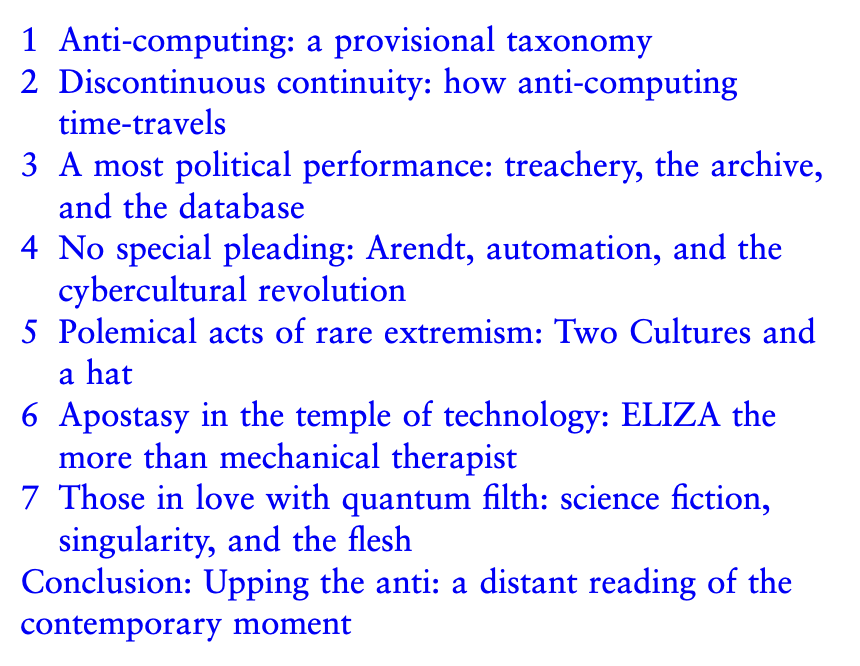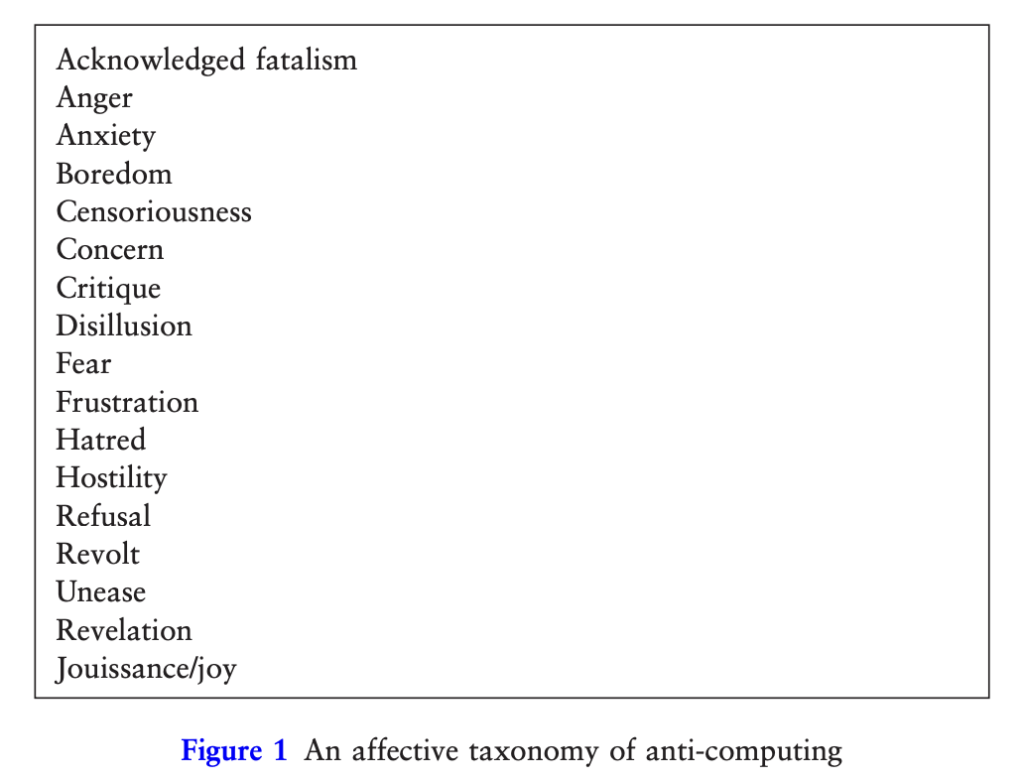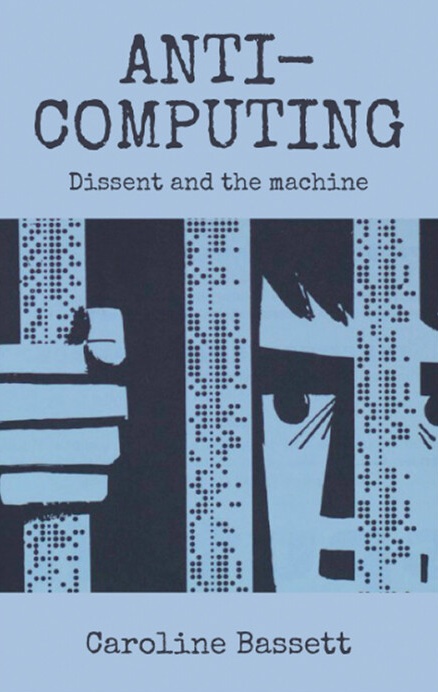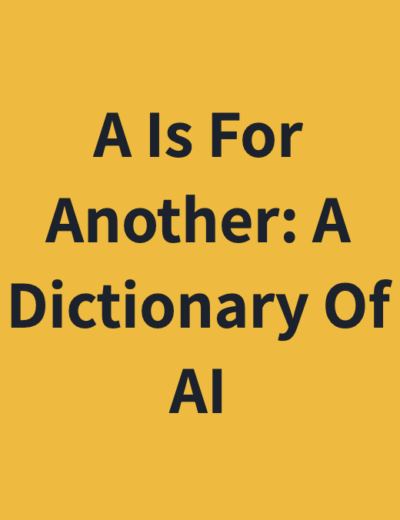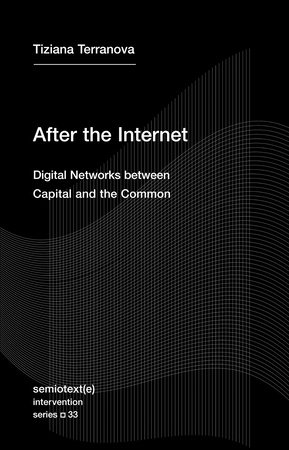“The computational, then, is understood as a formation, one in which computational control logics dominate, but one which invokes and assembles many other actors in operation. The computational cultures that arise as the logics of computational assemblages expand through becoming operational are specific to particular times and
places, which is to say they operate in relation to, and as an integral part of, specific political economies. Computational culture today is not necessarily isomorphic with neoliberalism as a political economy and a social order, although the computational is a key mode through which neoliberalism is organized and operates – and is also important in how it sees itself (as an information society, knowledge society, or, in so far as the label ‘computational capitalism’ is accepted, as a computational society).”
“Acknowledging that anti-computing moments falter, and that anti-computing often fails, and that there are many positive aspects to the computational, I set out to acknowledge and explore dissent, hostility, antagonism, doubt, unease, in many forms. Teleological accounts of computational technologies and the computerization of culture, taking various explicit forms, working in multiple registers, silently informing many accounts, need to be challenged.”
